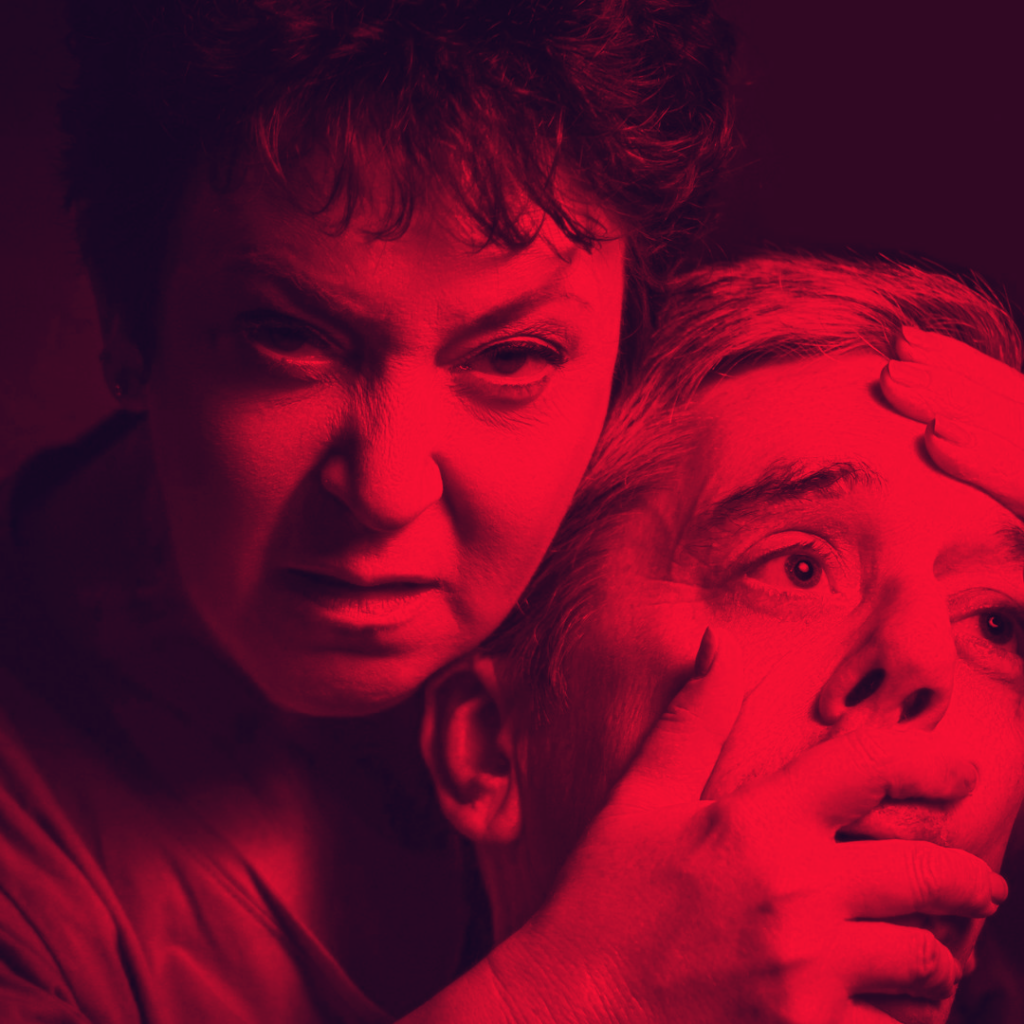
‘Death and the Maiden’ // Ad Astra
‘Death and the Maiden’ was intense.
Ad Astra’s final show for 2021 is Ariel Dorfman’s play, ‘Death and the Maiden’. Staged in their small theatre, audiences were treated with an intimate glimpse into the lives of characters who were embodied only a few feet from them. This play, and its presentation, suited the venue perfectly, with a cast of three and a set that remained throughout the entire show, proving that size does not matter when you have clever direction and accomplished actors.
‘Death and the Maiden’ was written by Chilean playwright Dorfman and centres around Paulina Escobar, who was held prisoner under the Chilean regime fifteen years prior. During her time as a prisoner, she was tortured and raped. With her patient husband by her side, she manages to live a somewhat normal life, until Dr. Roberto Miranda arrives at her door. When she hears his voice, she believes he is one of her tormentors all those years ago. What ensues is a tumultuous battle between Paulina and her husband, who desperately attempts to talk sense into his unstable wife.
Lighting design was simple but effective. Frequent blackouts indicated scene changes and spotlights focused the attention at pivotal moments. Strobes enhanced dramatic scenes and heightened suspense. The use of Franz Shubert’s music, including his work ‘Death and the Maiden’, for which the show is named, enabled audiences to get inside Paulina’s mind, especially during her emotional monologue. Technical operation by Jessica Gillard was precise and professional.
The set was realistic; a kitchen and outdoor area that was neither obtrusive to the action nor overly minimal. Having the outdoor area where some of the scenes took place ensured audiences did not get bored with the static set. However, it was difficult to tell that the play was set in South America, and hints of the culture in the set and props would have assisted in conveying this setting. Costuming was minimal, with Paulina wearing the same costume throughout. It would have been nice for her to change so the audiences could see the passage of time more clearly.
Direction by Jacqueline Kerr was natural. It appeared the actors were given the freedom to move around the space as they felt and this added a spontaneous dynamic to the action. At times, the focus was pulled from the main characters by movement in the background. Though this contributed to the realistic nature of the show, as people do not stop moving when others are talking, at times it was too distracting. For such a wordy and convoluted play, it is essential that audiences can focus on what is being said, rather than movement in the background. In addition, the choice to have the final scene play out in the audience made it difficult to understand what was happening without craning necks and turning around in seats.
Sandra Harman took on the role of the mentally unstable Paulina Escobar with gusto. Her ability to balance Paulina’s fragility, insanity and anger enabled audiences to appreciate the motivation behind her acts. Harman managed to humanise the character, which could easily have become the unlikeable villain of the play. She enabled audiences to feel empathy for her, which made them more invested in finding and understanding her truth.
Tom Coyle excelled in the role of Dr. Roberto Miranda, the suspected rapist. He did not have many lines in the show, which meant most of his acting was physical. Gagged and bound, Coyle was still able to effectively portray his character throughout. In addition, his American accent was the most consistent of the three. However, he was very likeable and it was difficult to question his innocence. A darker take on the character at times would have made it more plausible that he could have done it and kept the audience guessing.
Gary Farmer-Trickett embraced the role of Gerardo Escobar, the long-suffering husband of Paulina. He brought a soft tenderness to the role, which also created a rounded and complex character when juxtaposed with his outbursts of frustration and resentment. Though the emphasis is on Paulina’s suffering, Farmer-Trickett enabled audiences to appreciate the difficulties Gerardo has faced over the last fifteen years and feel empathy for him.
Overall, ‘Death and the Maiden’ was a riveting and unsettling journey into the mind of a disturbed woman looking for justice. The actors did well to play such complex and confused characters in a play that keeps the audiences guessing to the very last scene. The show is bound to improve even more throughout the run as they settle into their characters.
‘Death and the Maiden’ performs until Saturday, 4 December at 57 Misterton Street, Fortitude Valley. For more information visit Ad Astra’s website.






